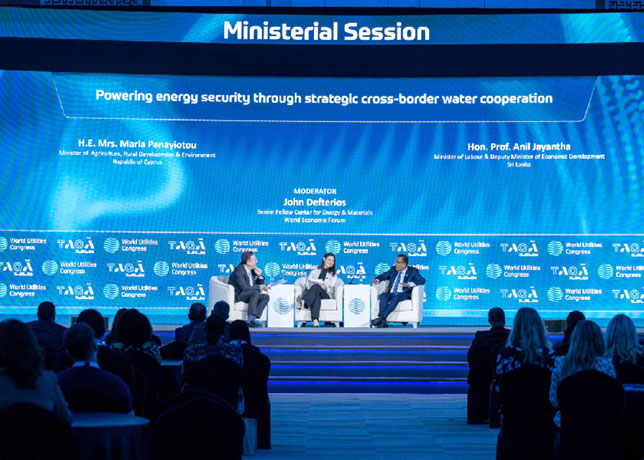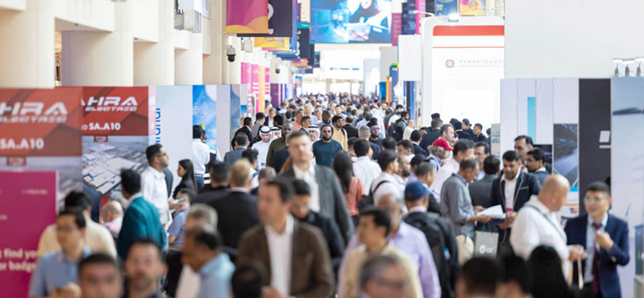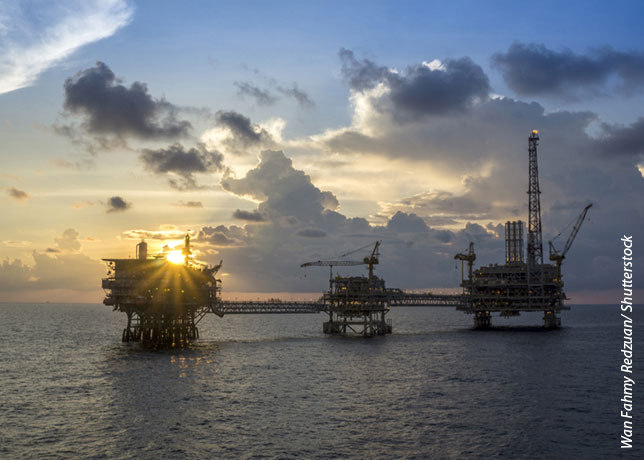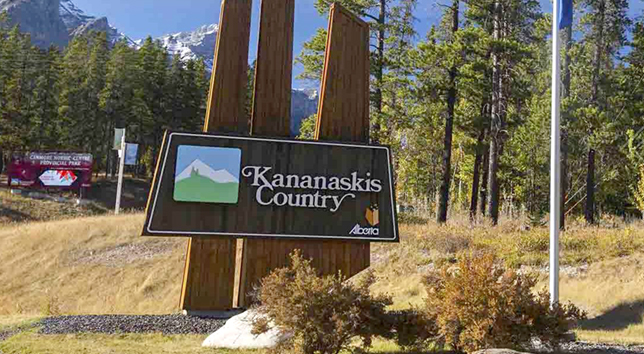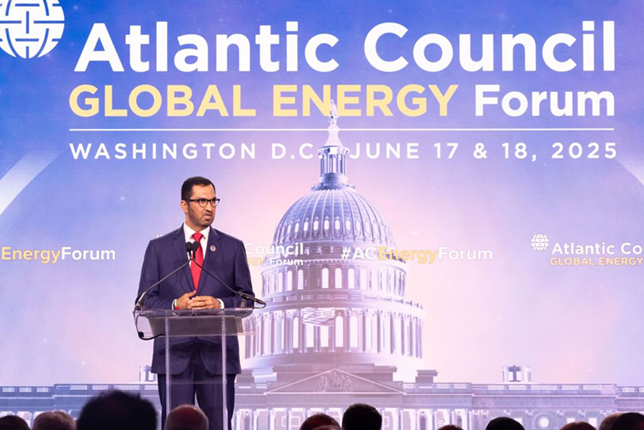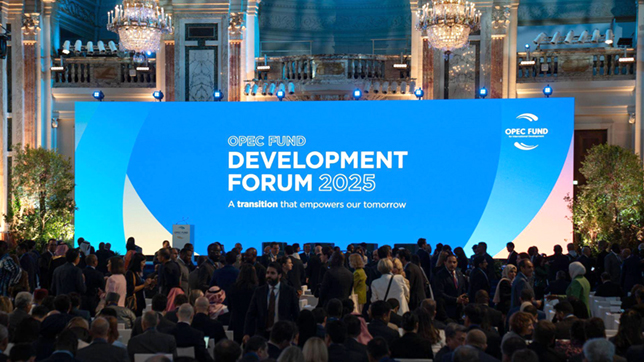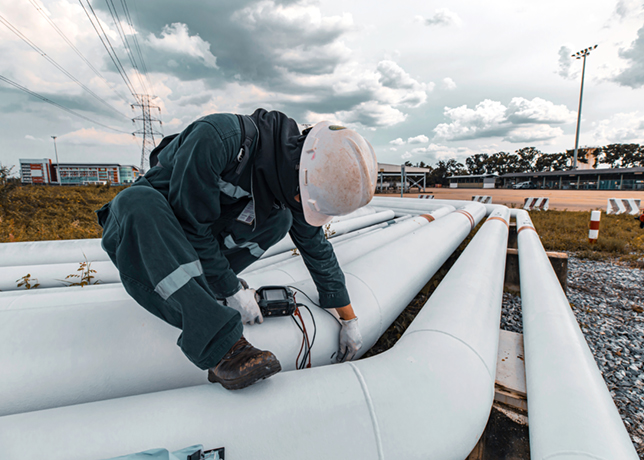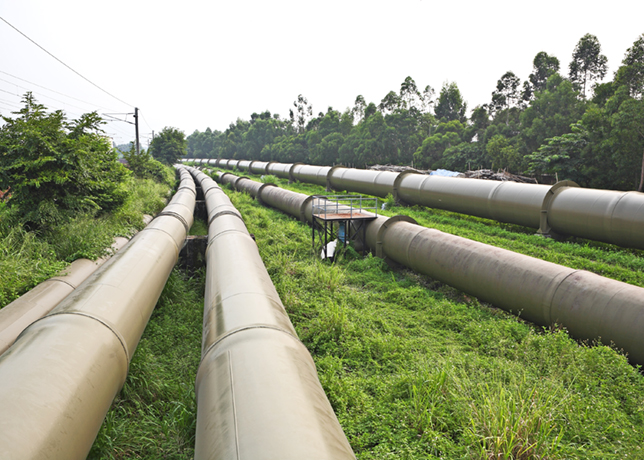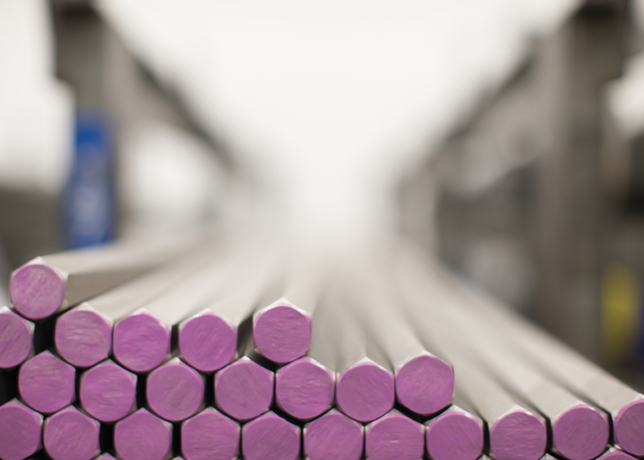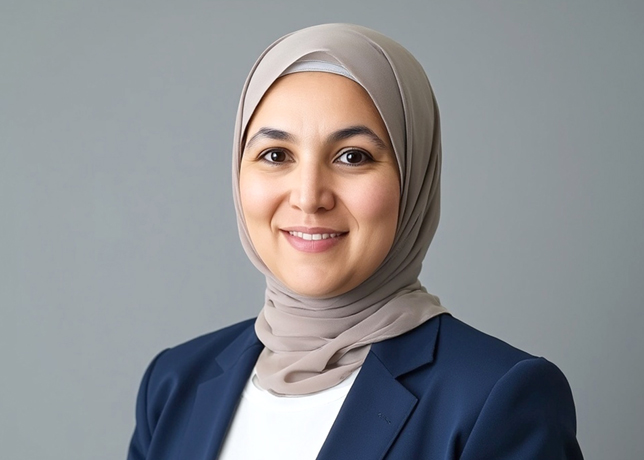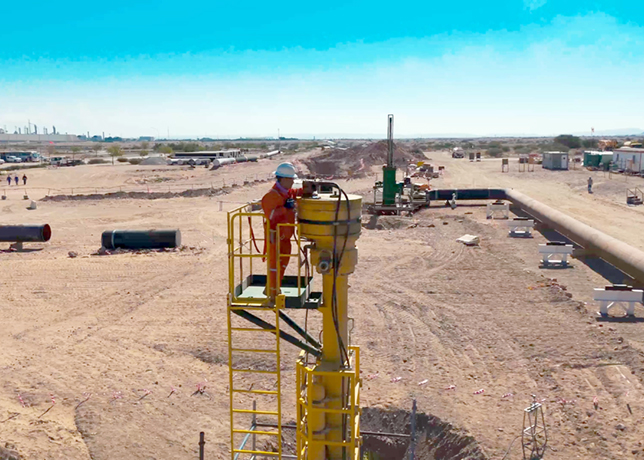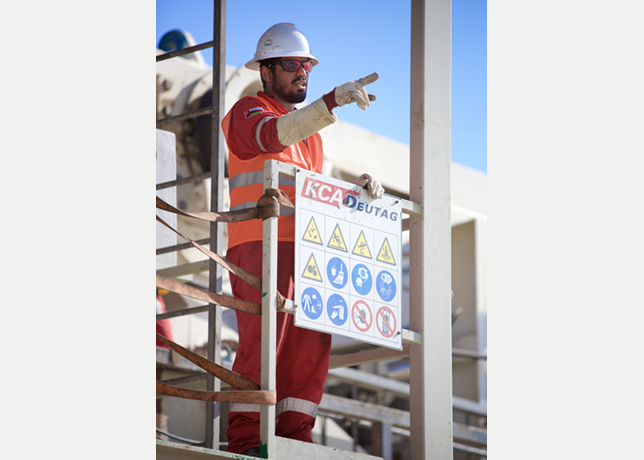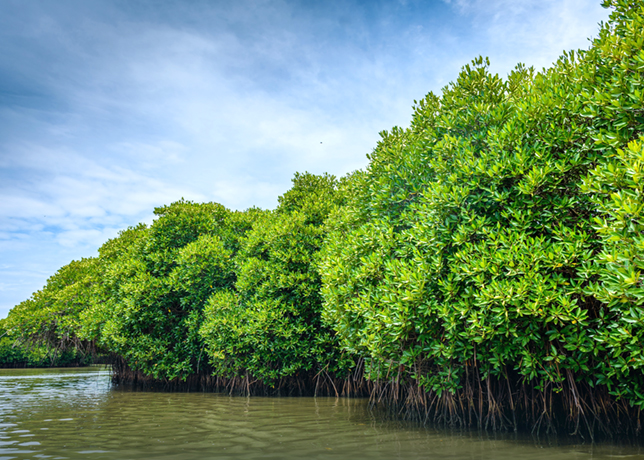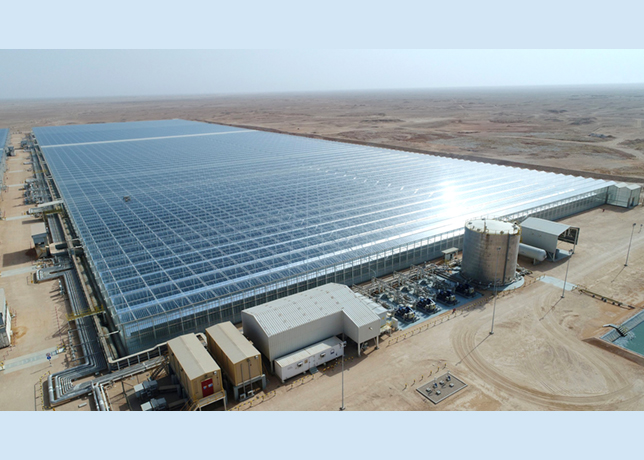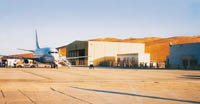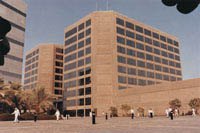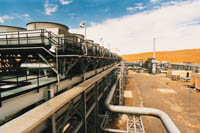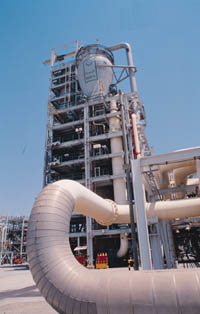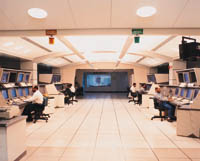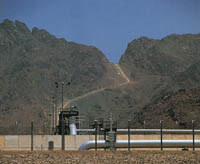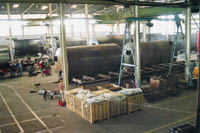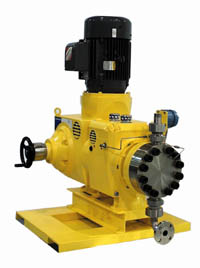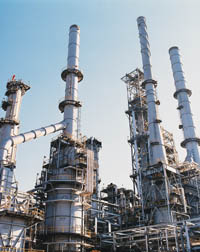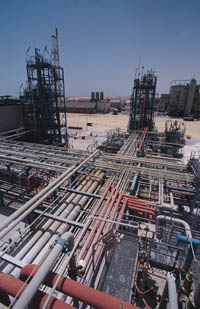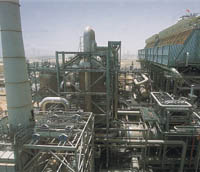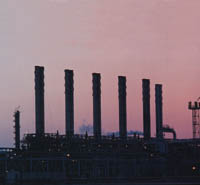
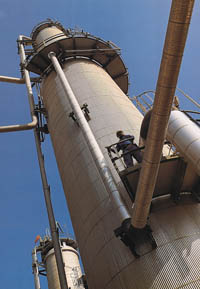 Samref ... adopted SAP R/3 system
Samref ... adopted SAP R/3 system
An upgrade of Ras Tanura refinery's quality control technologies is one of a number of developments to have taken place in the last year in Saudi Aramco's valuable domestic refining system.
The company has an active policy of increasing profit margins at its refineries by manufacturing higher value, high quality products, and the sustained period of high oil prices may well put refinery upgrades back onto the agenda.
The upgrade will, according to officials, help the plant's laboratory to meet international specifications for company products.
As a result, production of major products at the refinery has been switched from batch-blending with manual recipes to on-line blending with a smart on-line blending optimisation system aided by on-line analysers.
The 300,000 bpd Ras Tanura plant itself has already been upgraded with new conversion facilities, including a 44,000 bpd hydrocracker, a 60,000 bpd visbreaker and a 40,000 bpd continuous catalytic reformer.
As well as giving the Kingdom's domestic refining sector higher operating capabilities, it has also importantly assisted in the production of lead-free gasoline, which was introduced at the beginning of this year.
Saudi Arabia's four domestic refineries at Ras Tanura, Riyadh, Jeddah and Yanbu are now all configured to produce only lead-free gasoline. Saudi Aramco has also said that the Yanbu and Rabigh (an export facility on the Red Sea coast) refineries are to be significantly modernised 'in the near future'.
Saudi Aramco operates seven refineries in the Kingdom, two as joint ventures. The 190,000 barrels per day (bpd) Yanbu facility, the 140,000 bpd Riyadh facility, a 90,000 bpd Jeddah plant and Ras Tanura operate principally to meet domestic demand for gasoline, diesel fuel, kerosene and asphalt.
The 325,000 bpd Rabigh plant is primarily an export-orientated refinery wholly-owned by Saudi Aramco.
The two joint venture refineries are the 320,000 bpd Saudi Aramco Mobil Refinery Company (Samref) and Saudi Aramco Shell Refinery Company (Sasref) refineries.
All refineries benefit from exclusive domestic supplies of crude oil from Saudi Aramco, enabling the export plants to gain a competitive edge for their products.
Samref, one of Saudi Aramco's most advanced plants, adopted a SAP R/3 system for more than 300 Named Users towards the end of last year, covering Financial, Logistics and Human Resource modules.
The Yanbu-based refinery is already a pioneer for reliability, utilisation of assets and safety, and the latest deal should enhance that reputation.
Samref's sheer size gives it important economies of scale, enabling it to receive Arabian Light crude by pipeline from the Eastern Province, and blend the finished products in-line as they are shipped to an oil terminal close to the plant.
Its design provides flexibility to produce a wide range of products for specific markets.
The long term strategy includes plans to diversify into the production of petrochemical feedstocks to satisfy growing domestic demand.
Sasref started up its Thermal Gasoil Unit/Gas Turbine project (TGU) last year, the first major upgrade of the Jubail refinery since it was built in 1985.
The TGU is operating with an intake of 5,650 tonnes per day (tpd) of atmospheric residue, and has the ability to process more than 300 tpd of hydrocracker bleedstream.
The cogeneration part of the project is a GT fuelled by natural gas driving a 33MW electricity generator, an equivalent of 60 per cent of current electricity consumption at the refinery.
The hot GT exhaust gas stream is used in a heat recovery unit to provide the process heat for the cracking furnace as well as to generate medium pressure steam.
The advanced Shell Thermal Gasoil Process technology used in the project is the first of its kind in the region. The unique design of the TGU/GT gives 60 to 70 per cent lower emissions and a 20 to 30 per cent overall efficiency improvement, according to Sasref.
Sasref is a 50:50 joint venture between Saudi Aramco and the Royal Dutch/Shell Group.
An export refinery, the refinery processes Saudi Aramco's Arabian Light crude to produce approximately 300,000 bpd of refined products, which include gasoil, chemical grade naphtha, dual-purpose kerosene and fuel oil. LPG, benzene, mogas, long residue and sulphur are also refined at the complex.
Aside from the TGU, the Jubail complex consists of two crude distillation units each of 150,000 bpd capacity; a 44,000 bpd hydrocracker and an aromatic section capable of producing 5,800 bpd of benzene with a 19,000 bpd continuous reformer at its heart.
Sasref's refined products are lifted by the marketing arms of both Shell and Saudi Aramco.
Excellent terminal facilities and Jubail's proximity to key export routes on the Arabian Gulf give the refinery a competitive edge in exports to the Middle East, Asia and the Pacific.










